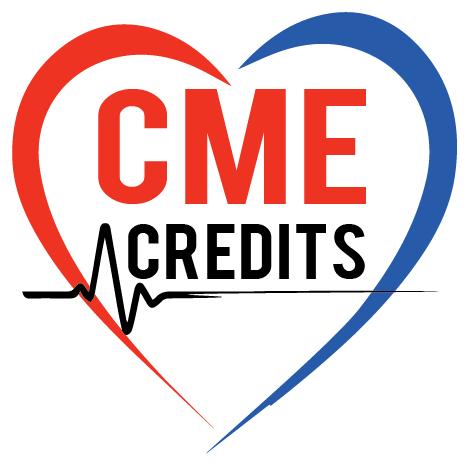
Paul S. Ramphal
University of the West Indies – Nassau Campus, Bahamas
Title: Development and Implementation of high-fidelity cardiac surgical simulation as a training tool for the next generation of cardiac surgeons: Description of a new paradigmextracts by HerboChip: a platform for drug screening on a chip
Biography
Biography: Paul S. Ramphal
Abstract
Statement of the Problem: Changes in the rules regarding working hours for surgical trainees, along with economic pressures faced by most hospitals, and new modalities of treatment for certain types of cardiac conditions, have resulted in reduced operative exposure and opportunities for the acquisition of surgical skills in nearly all specialties, including cardiac surgery. New approaches to the teaching and mastery of cardiac surgical techniques and skills are being explored; including the use of various types of simulation-based training scenarios. The purpose of this presentation is to describe the experience of the development and implementation of a high-fidelity cardiac surgical simulation scenario as it has been applied in the United States over the last decade.
Methodology & Theoretical Orientation: A novel high fidelity cardiac surgical simulator was developed and tested as a training tool by eight leading cardiac surgery training institutions in a two-year study.
Findings: Significant positive effects on training and the acquisition of basic and advanced cardiac surgical skills were observed using the simulator.
Conclusion & Significance: High fidelity cardiac surgical simulation as a training tool can supplement actual operative experience and both enhance and accelerate the acquisition of basic and advanced surgical proficiency. A curriculum has been developed to enable the uniform introduction and the evaluation of the effects on training of both low and high fidelity simulation systems on cardiac surgical residents.

